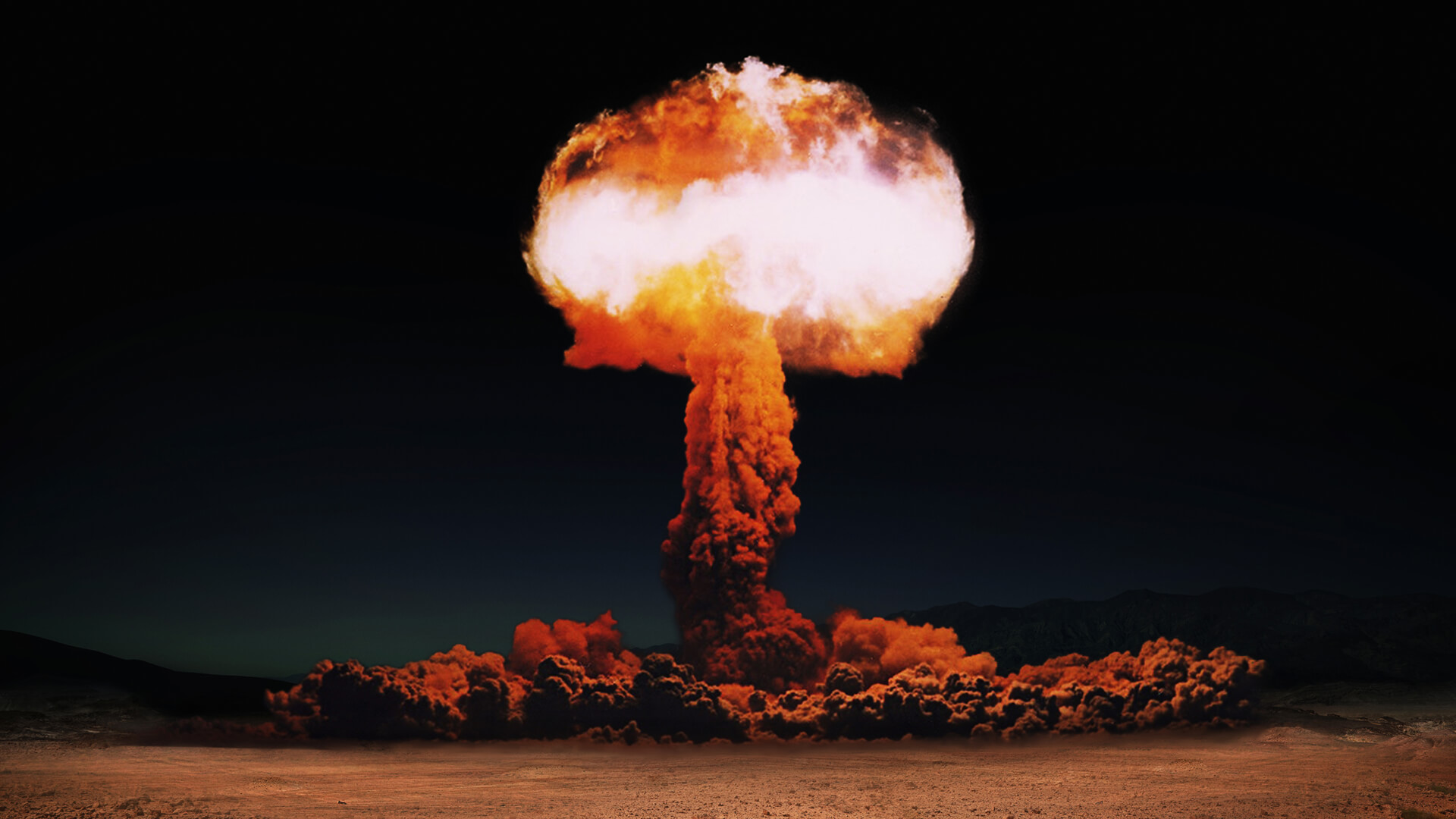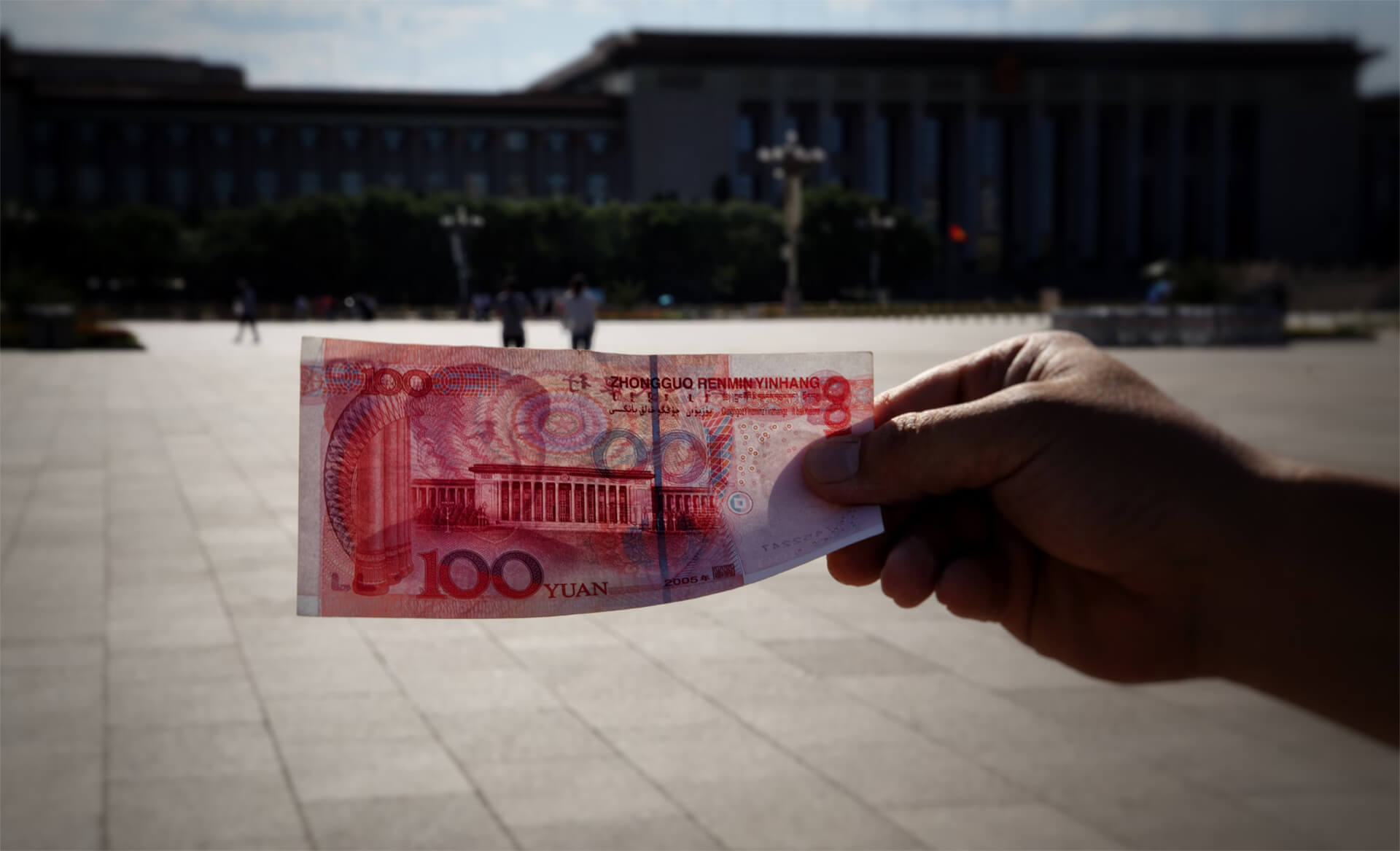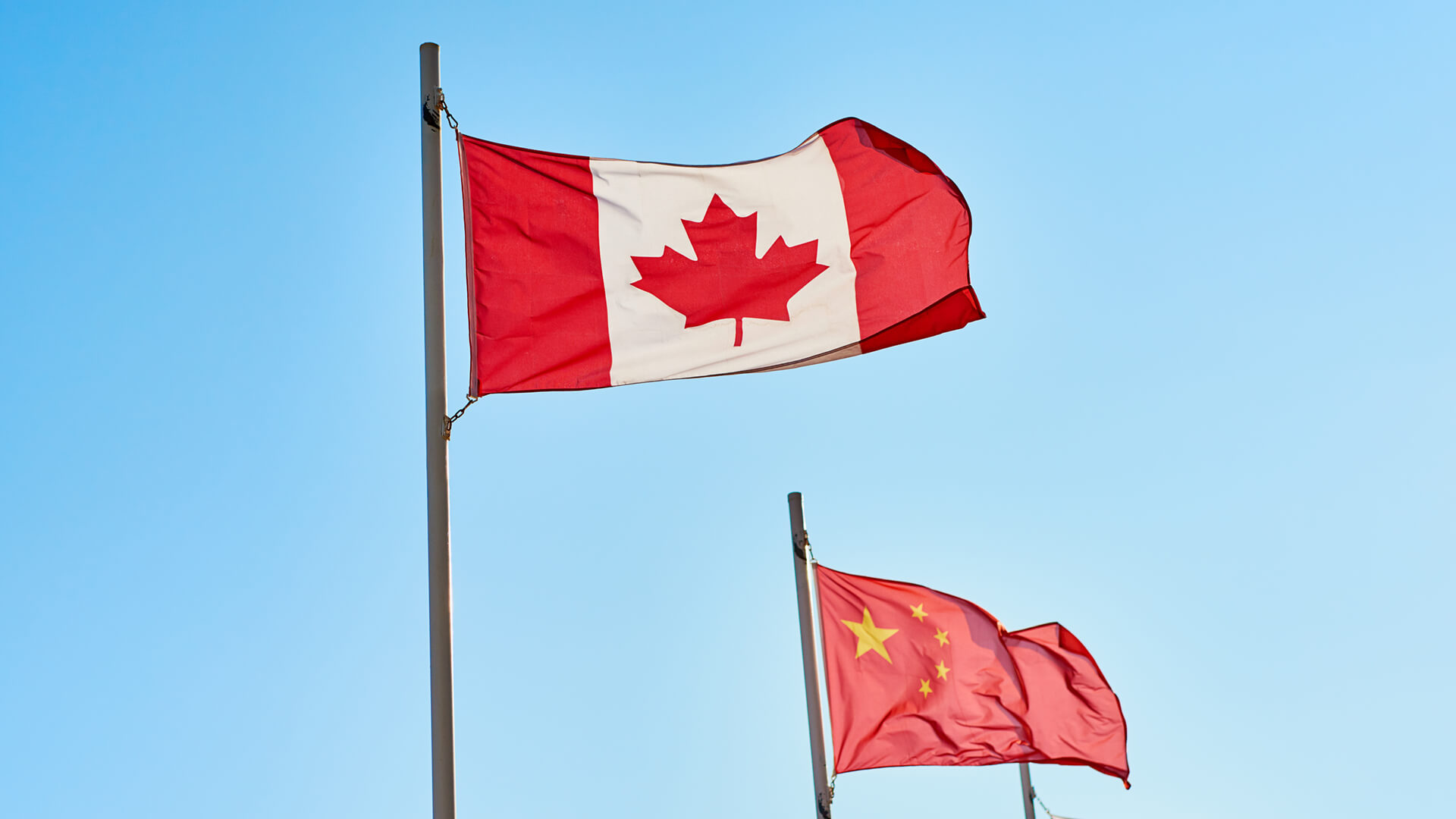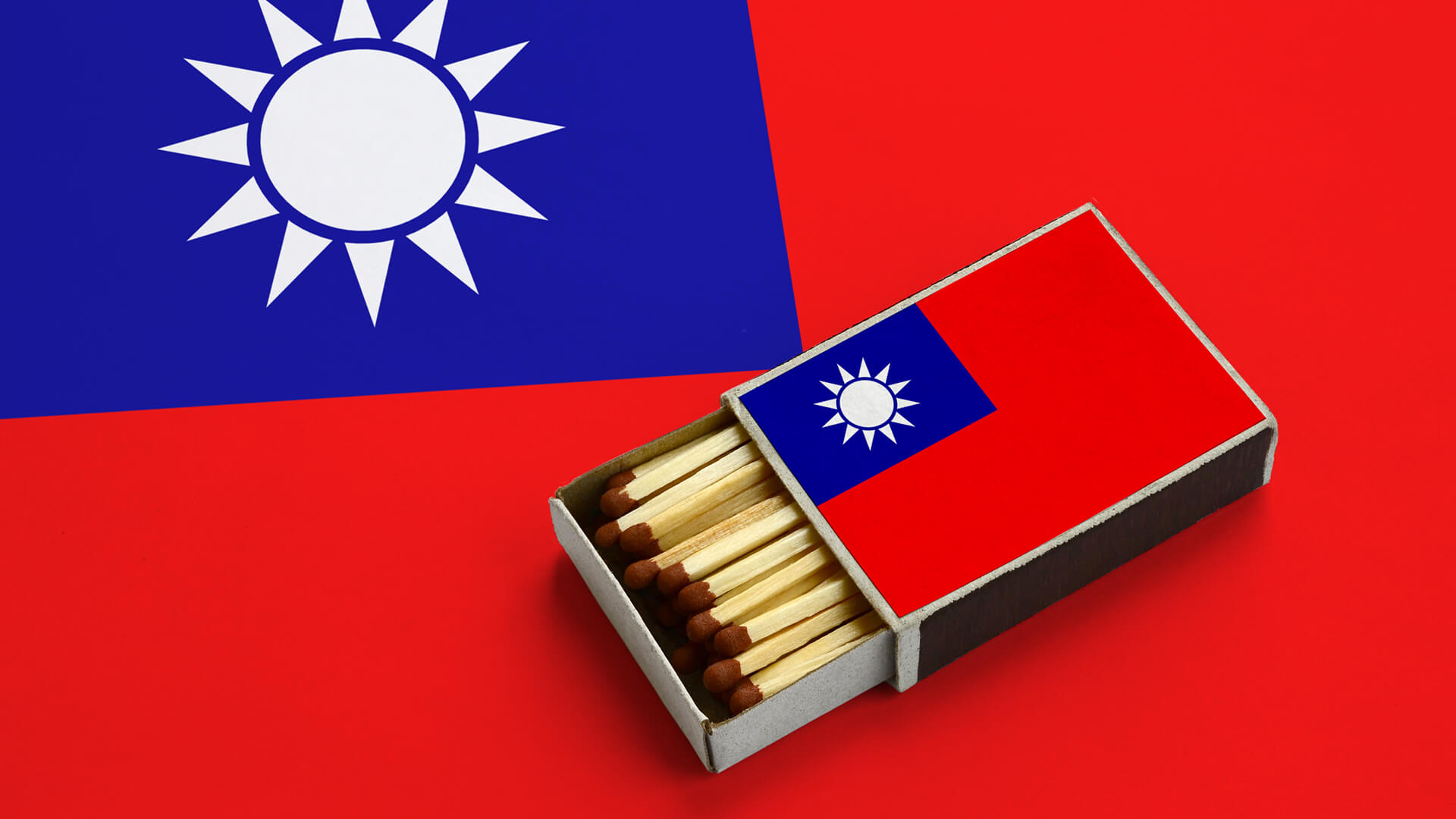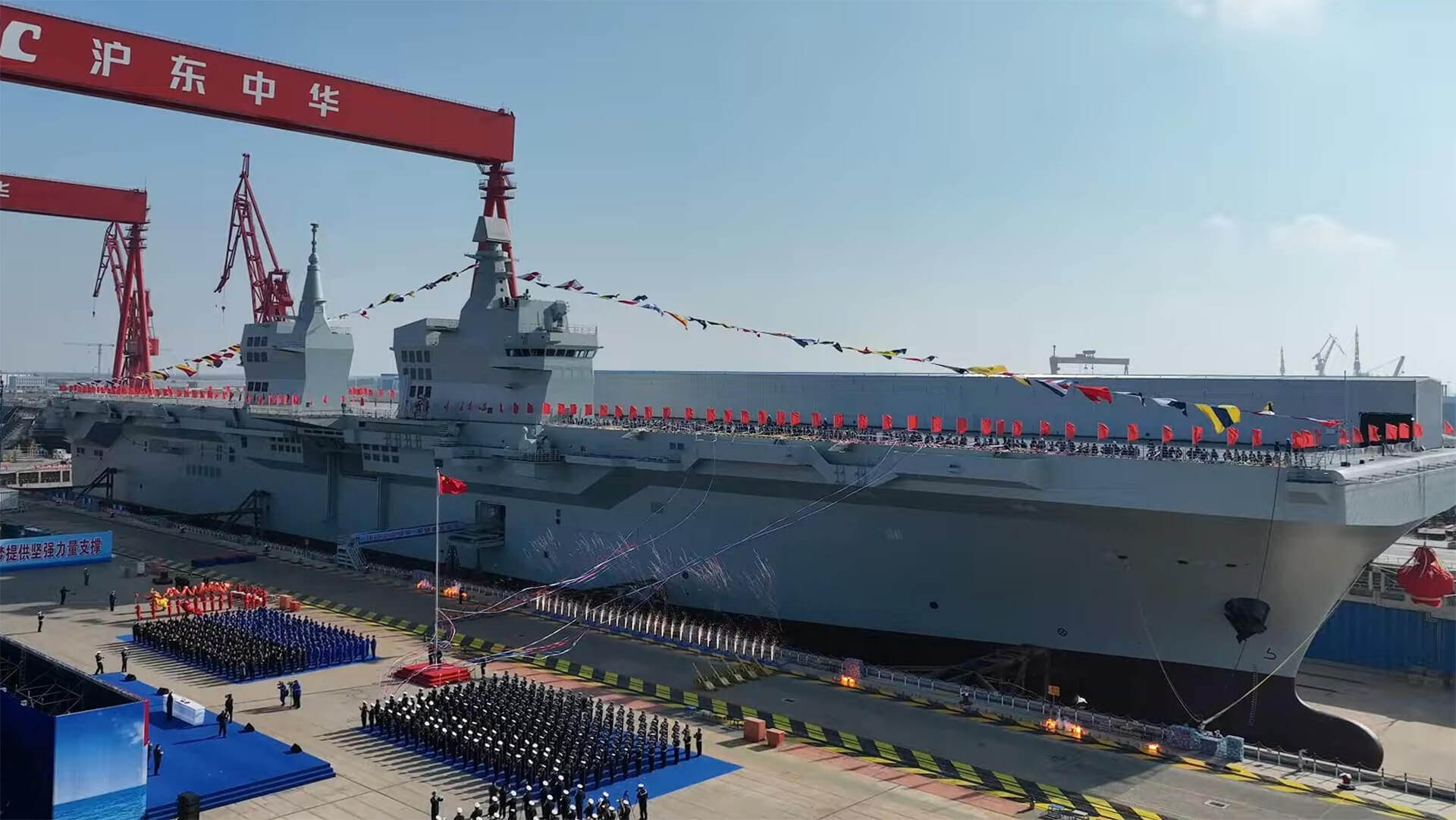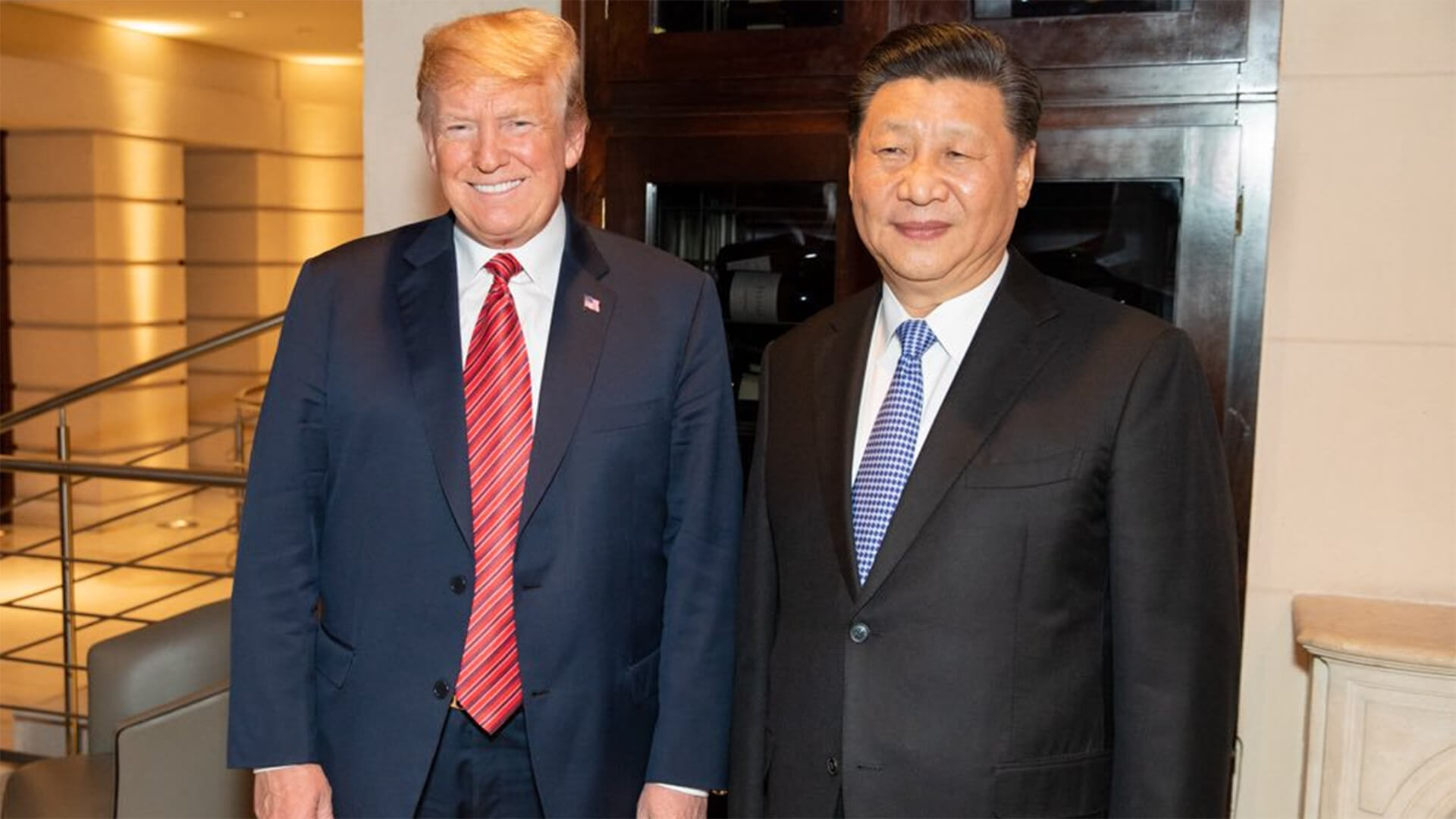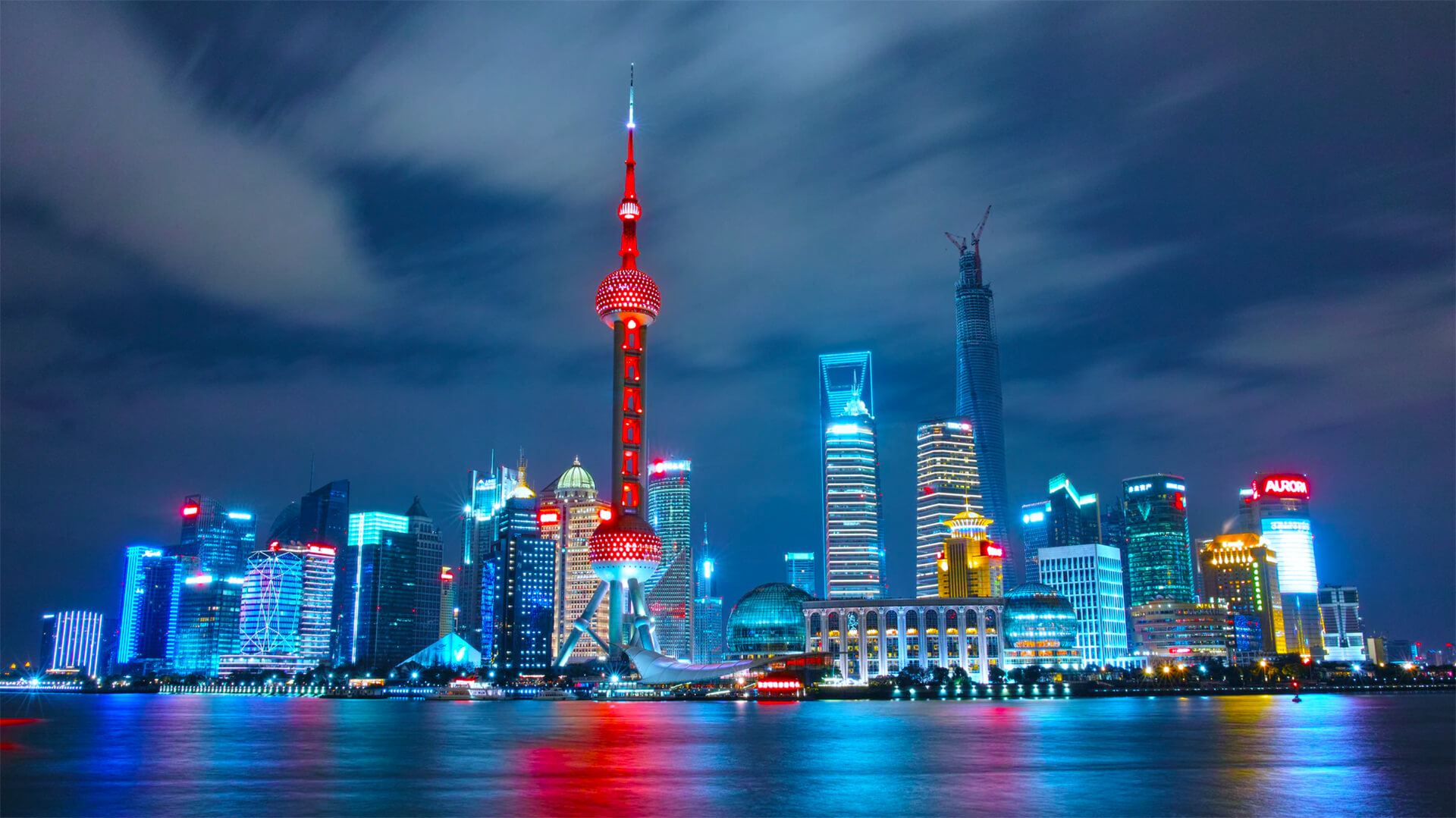The Trump administration has accused China of conducting a small nuclear test in 2020. The claim is that a seismic event was detected in Western China around that time. A lot is going on here, so let’s unpack it.
A nuclear blast creating that small of a seismic reading would have to be from a small weapon in a massive underground containment facility. However, developing a weapon that small and testing it doesn’t add up. So, could there be a political rationale for raising this accusation now?
One theory is that the Trump administration wanted justification for restarting U.S. nuclear testing (which has no military support) to garner leverage in negotiations. The Cold War showed us this is a fairly strange path to go down, but we’ll just have to wait and see what comes of this.
Transcript
Hey all. Peter Zeihan here coming to you from Colorado. Super windy day today. So we’re doing this one inside. Well that hair is out of control, isn’t it? Anyway, today we’re talking about the US government’s, the Trump administration’s accusation against China that the Chinese did a unofficial and banned, nuclear test back in 2020. They’re saying that somewhere out in western China, which is the, Chinese testing grounds, that there is a subterranean explosion five, six years ago, which the Chinese blew up a bomb that is in contravention of pretty much every nuclear treaty that has left.
And there aren’t a lot of those left. This one’s quizzical. So we’re going to look at the technical aspects of that more than say yay or nay.
There is a worldwide detection system for seismic activity primarily designed to detect earthquakes and help forecast where the aftershocks are going to go to help with things like disaster recovery.
Because of this, all of these sensors have been basically double tasked to also look for underground nuclear explosions because they send out something somewhat similar. And the US government is saying that something in the range of a 2.75 on the Richter scale was registered, 2.7 times is a really, really, really low. That’s like fracking levels of earthquakes, something that is largely undetectable to humans who are standing directly above it.
And if this was indeed a nuclear explosion, it would be something in the tens of, tons not even reaching a kiloton. Even if that was true and it was a nuke, the only way that you would have been able to contain it without, you know, some sort of activity is to have an underground cavity that is probably at least 100ft on a side and at least, six, seven, 800ft deep.
The, the physical stress on any sort of construction at that depth is immense. And it’s not clear that that is within the Chinese technical capacity. And even if it was, it’s unclear what a bomb of that size would achieve for the Chinese. Most modern bombs are in the tens to hundreds of kilotons or more likely in the megaton range.
If you’re talking city flatness and bombs of that size are actually below the range of most conventional explosives. And when you consider that conventional explosives are an order of magnitude easier to manufacture and store, not much in use because you have to worry about fallout. It’s difficult to see why there might be a need for a bomb of that size that is so tiny.
A nuclear bomb of that size, about the only thing that might, might, might, might, might make sense is if you were to use it as a kind of a bunker buster, because the shockwave that comes off of a nuke is significantly different from the shockwave that comes off of a conventional penetrator weapon, and it might do more damage to things that are subterranean and hardened.
But the only things that are subterranean and hardened at scale are, ironically, the Chinese nuclear system. And it’s difficult to see the Chinese researching the development of a weapon that they would then use on themselves. Anyway, lots of questions. There is not a single arms control expert on the planet who thinks that this was an actual nuclear explosion.
And these are a very, moralistic, idealistic and loud crowd. And they’ve been angry at the last several American administrations for basically letting all the nuclear control treaties of the Cold War, post-Cold War era lapse to the point that, the last big one just lapsed last month. So the question is, what is going on here? If if if the Chinese are testing in violation of norms and treaties, then obviously that’s a big deal for any number of reasons.
But this was from 5 or 6 years ago, so it’s difficult to see a immediate implication of it. Second, there is a theoretical possibility that you would do something like this on a trigger mechanism rather than the general nuke, just to see if your plutonium still works. But since it’s so mechanically simple, and relatively inexpensive to spin down the plutonium and separated in a centrifuge, it’s difficult to say how that would make sense.
The Chinese are in the business of expanding their arsenal, not maintaining a set number of pieces like the United States. So again, it doesn’t make much sense. The only other theory that is out there that if I heard, is that the US administration under Donald Trump, wants to restart testing of nuclear weapons. This is something that has no support within the US military community, because it’s designed to fight a conventional fight.
We don’t maintain an arsenal of tactical nuclear weapons anymore. Really haven’t since the Cold War. We only have the strategic city flatness, and if those are used, it’s not really a military question. It’s a purely political question about whether you want to risk nuclear Armageddon or not. It’s primarily a deterrent force because the US conventional capabilities are so far and above.
What any potential threat could be. And if it’s a paramilitary threat, like we say we encountered in the global war on terror, you’re not going to solve that with nukes. So the leading theory is that Donald Trump personally wants to be able to blow up some nukes as examples to push negotiations forward. Now, Trump has not said that personally.
This is something that has leaked out through the administration. I don’t know if I should take it serious or not. But the idea of setting off nukes as a negotiating point doesn’t strike me as a particularly effective negotiating strategy. Unless, of course, the people on the other side are doing that already. And before you discount of that, keep in mind that that was part of the logic during the Cold War is that one side would innovate a new nuclear weapon, demonstrate it, and then the other side would go set off a test immediately to prove that their nukes still worked, and then develop their own weapon.
And the cycle would repeat until we got to Gorbachev and everyone realized that, hey, maybe this isn’t the best way to carry out negotiations. So no firm conclusions here. What? The only thing that is clear is the administration really is pushing this line is not shared any information with the wider world that would suggest that was actually a nuclear test that actually happened.
Obviously, there are classified intelligence gathering techniques that are not being shared here. But again, the Trump administration has been pretty liberal with sharing those bits of information whenever it serves a political purpose. So a lot of weird little mysteries here. And the only explanation makes any sense is this is coming directly from the white House for reasons that until they are revealed, remain unseen.

